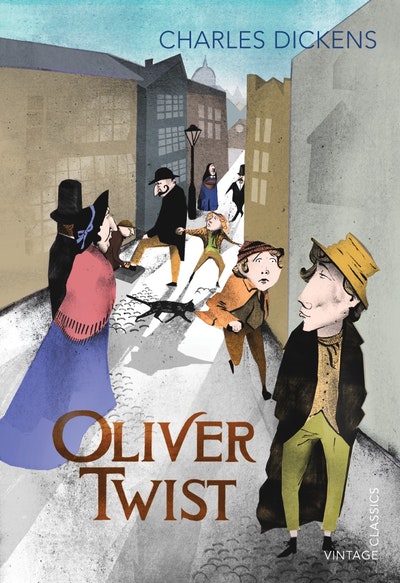- Published: 17 September 1981
- ISBN: 9780140390032
- Imprint: Penguin Classics
- Format: Paperback
- Pages: 640
- RRP: $24.99
Uncle Tom's Cabin
Or, Life Among the Lowly
The novel that changed the course of American history
Published in 1852, Harriet Beecher Stowe’s novel was a powerful indictment of slavery in America. Describing the many trials and eventual escape to freedom of the long-suffering, good-hearted slave Uncle Tom, it aimed to show how Christian love can overcome any human cruelty. Uncle Tom’s Cabin has remained controversial to this day, seen as either a vital milestone in the anti-slavery cause or as a patronising stereotype of African-Americans, yet it played a crucial role in the eventual abolition of slavery and remains one of the most important American novels ever written.
For more than seventy years, Penguin has been the leading publisher of classic literature in the English-speaking world. With more than 1,700 titles, Penguin Classics represents a global bookshelf of the best works throughout history and across genres and disciplines. Readers trust the series to provide authoritative texts enhanced by introductions and notes by distinguished scholars and contemporary authors, as well as up-to-date translations by award-winning translators.
- Published: 17 September 1981
- ISBN: 9780140390032
- Imprint: Penguin Classics
- Format: Paperback
- Pages: 640
- RRP: $24.99
























































































































































































































































































































































































































































































































































































































































































































































































































